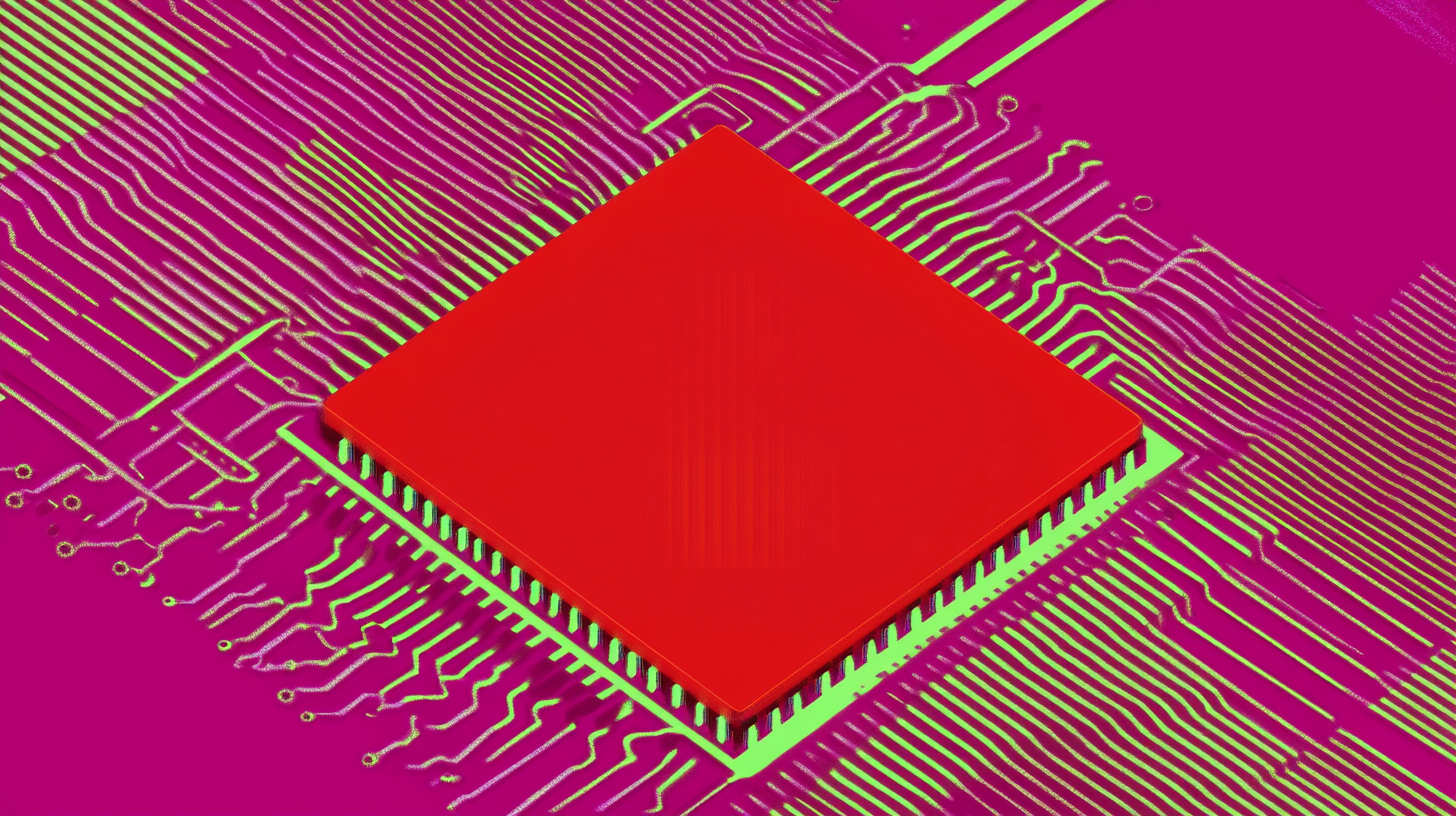U.S. is cracking down on Huawei's AI hardware while loosening its general export regulations

The US Department of Commerce now considers the use of Huawei's Ascend processors a potential violation of export controls. At the same time, the Trump administration is scrapping a key AI regulation introduced by the previous administration.
In new guidelines, the Commerce Department clarified that using Huawei's Ascend-series AI processors anywhere in the world can run afoul of US export rules. The Bureau of Industry and Security (BIS), which oversees export controls, specifically named the Ascend 910B, 910C, and 910D models. According to the BIS, these chips were either designed with US technology or manufactured using equipment that relies on US-made software.
The new guidance comes as Huawei makes progress in developing its own AI hardware. The Chinese tech giant is currently shipping Ascend clusters based on the 910C chip to customers in China. According to Huawei, these systems outperform comparable Nvidia solutions in key areas like compute and memory—at least when used together as a cluster. Individual Ascend chips, however, still lag behind Nvidia's top models in terms of raw performance.
US government scraps Biden's "AI Diffusion Rule"
Alongside the new export guidelines, the Commerce Department has as expected overturned the so-called "AI Diffusion Rule", a centerpiece of the Biden administration's approach to AI regulation. The rule, set to take effect on May 15, would have imposed new export restrictions on AI chips to a wide range of countries—including places like Mexico and Portugal. China and Russia would have faced even tighter restrictions.
The announcements coincided with Donald Trump's visit to Saudi Arabia, where several business deals were unveiled—including plans for building out an AI infrastructure through the new state-owned company Humain, using hundreds of thousands of Nvidia chips.
AI News Without the Hype – Curated by Humans
As a THE DECODER subscriber, you get ad-free reading, our weekly AI newsletter, the exclusive "AI Radar" Frontier Report 6× per year, access to comments, and our complete archive.
Subscribe nowAI news without the hype
Curated by humans.
- Over 20 percent launch discount.
- Read without distractions – no Google ads.
- Access to comments and community discussions.
- Weekly AI newsletter.
- 6 times a year: “AI Radar” – deep dives on key AI topics.
- Up to 25 % off on KI Pro online events.
- Access to our full ten-year archive.
- Get the latest AI news from The Decoder.